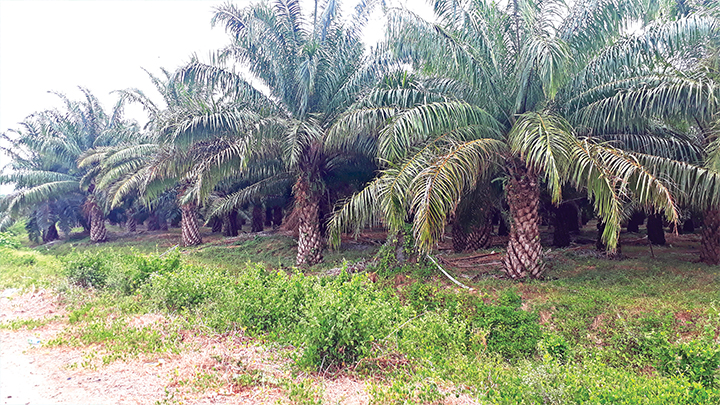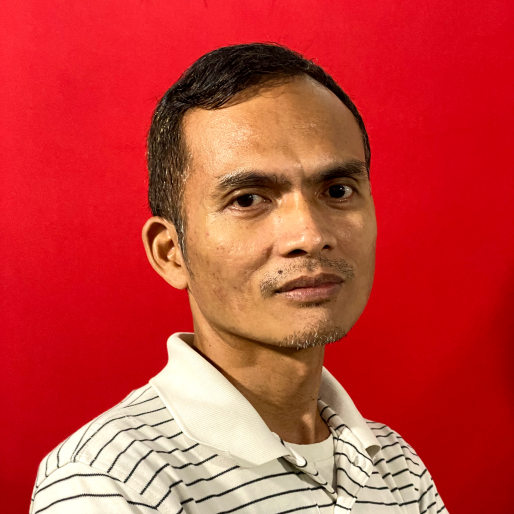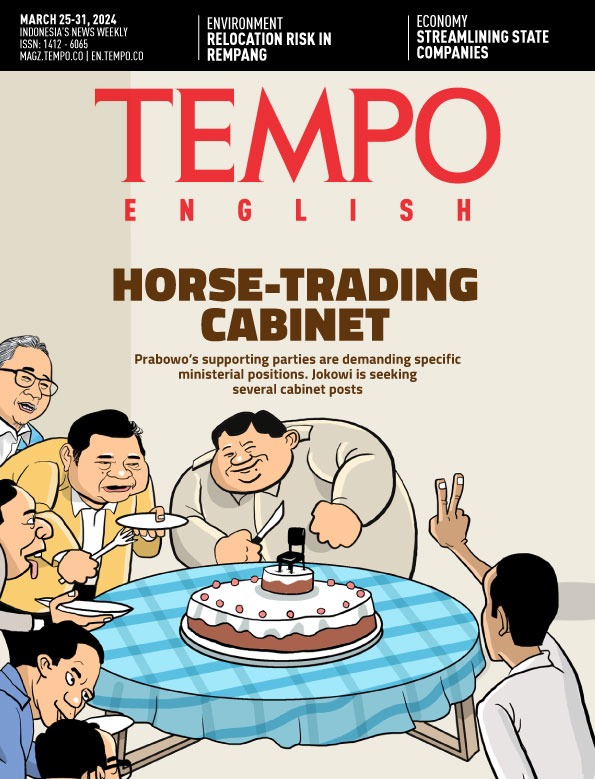Gifts from Nusaina
Tuesday, June 16, 2020
arsip tempo : 171334406057.

SIHAR Sitorus attended a development planning meeting at the subdistrict office of North Seram in Central Maluku Regency, Maluku, in early 2008. Sihar brought along his colleagues from Jakarta and Ambon to the event, which was also attended by village officials and community leaders. The King of Aketernate in 2002-2011, Yordanus Kulawa, was there, and he confirmed Sihar’s presence. “Many came,” he said at the end of December 201
...
Subscribe to continue reading.
We craft news with stories.
 For the benefits of subscribing to Digital Tempo, See More
For the benefits of subscribing to Digital Tempo, See More









